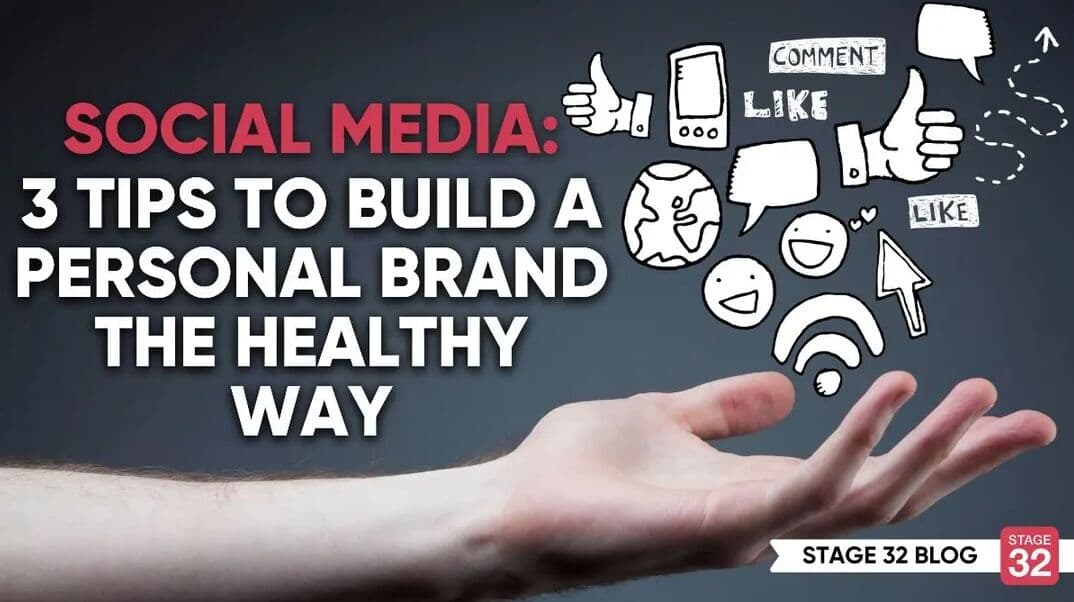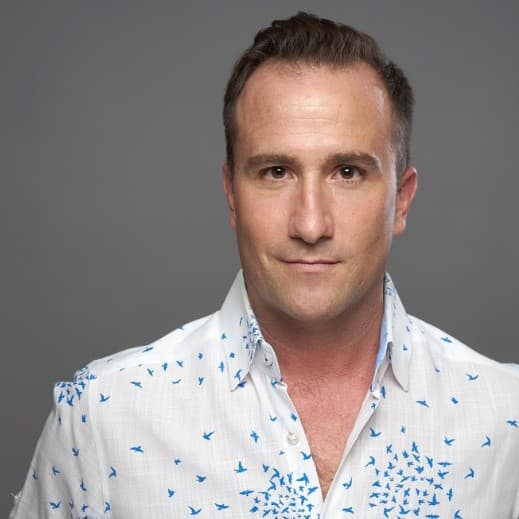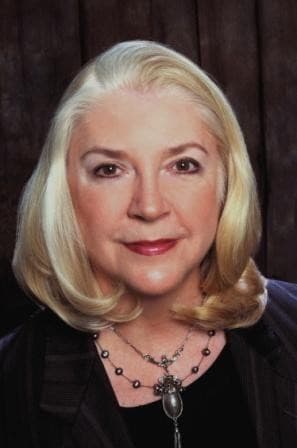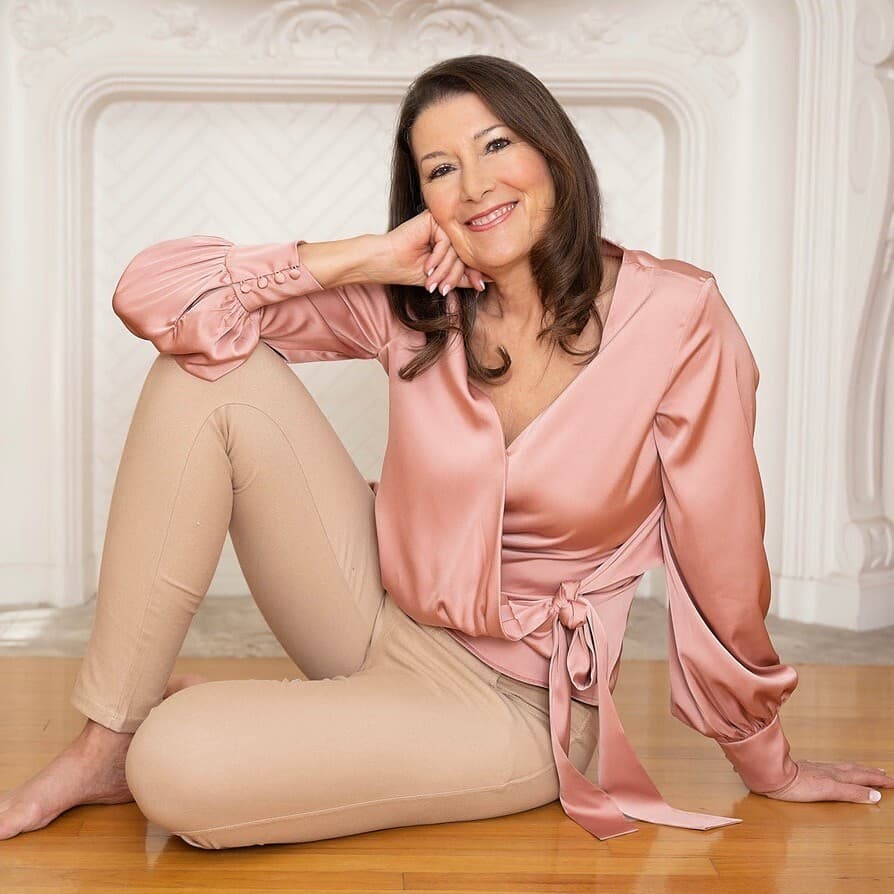An Insider’s Guide To Your First Meeting With A Producer Or Studio Executive

An Insider’s Guide To Your First Meeting With A Producer Or Studio Executive
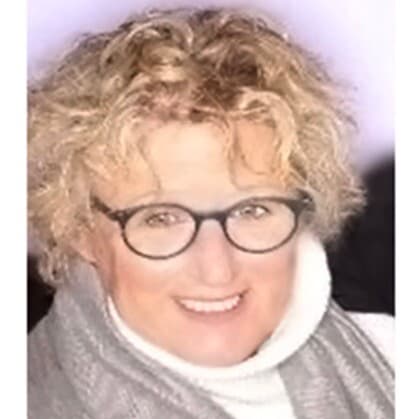
I've worked with a lot of big-name talent, developed movies from best-selling books from Stephen King to Ann Rule, and optioned and developed a few Opera Book Club picks including Songs In Ordinary Time, Jewel (won the Humanitas Award), and Midwives. I have worked with and developed projects for Warner Brothers, Sony/Tri-Star/Columbia, Mark Harmon's Wings Productions, and more over the past 30 years of my career.
Over the years, I have worked with hundreds of screenwriters in all stages of their careers, and I would like to share some of what I have learned from these many encounters.

Screenwriters often get so wrapped-up in their writing that the thought of what to do next can be overwhelming, so often they do nothing, or they submit their material too soon. Of course, your focus should be on the writing, but eventually you’re going to want to secure an agent or manager to help you break into the industry.
If you are letting your work sit on the shelf because 1) you aren’t sure your screenplay is “good enough”, 2) you don’t know what to do next, or 3) you are afraid of taking the next step, let me assure you that it isn’t as daunting as it seems.
Although I am writing this to give you some tips about taking your first face-to-face meeting with a producer or studio executive, I want to take a minute to emphasize how important it is that your screenplay is ready. The rumors you’ve heard about the first ten pages making or breaking you are true – but it’s really the first three pages.
Of course, if a screenplay passes the first few pages of a read, the body of the screenplay needs to be solid too. The hard truth is that no one in the industry is going to “read” you twice. If your first submission isn’t polished, the next one won’t even be opened. I’m sorry – but it’s true. It has to be a lot more than just a good idea.
Before you send it out, have your screenplay read by an executive on Stage 32. You can find me here, or you can choose from a list of other executives here.

Moving on -
I’ve had a running, inside joke for years that the real reason we have a sit-down first meeting with a writer is to make sure they aren't an axe murderer. Sounds crazy, but it’s true - I met with one and found out afterward. I can’t name names, but it happened at Warner Brothers, and I didn’t move forward with the project.
Let's rewind for just a minute and go over how you got here. If you're coming in for a meeting with me, it is because your agent or manager has convinced me it's worth my time to read you. If I am impressed after I've read you, I will call your representative and let them know I want to meet you.
Occasionally, I may meet you because you have won a writing competition, or someone I know and trust, who isn't an agent or manager, has highly recommended you to me. However, that is what we call an unsolicited submission, and that leaves me vulnerable to being accused of stealing your project and you vulnerable to having it stolen. That’s a topic for another blog. Still, I have occasionally taken that risk. In any case, I've read you and I want to meet you.
A general meeting is about you, but it's for me. I need to find out what kind of person you are. The bottom line is that I need to know what you are like "in the room". Are you easy to talk to, are you bright, interesting, and someone I think we can work with? I say "we", because I am vetting you not only for myself, but for my network/cable/streamer executives, directors, and everyone else you could eventually be meeting with. I will not risk my relationships or reputation on a writer I can't trust to be professional.
So, we'll talk. I'll be asking you questions that will give me a better sense of the things you are passionate about, where you're from, what kind of life experiences you've had, what you majored in, etc. I want to know more about you because if you’ve written a screenplay about a fighter pilot and you were in the Air Force – this matters, tell me about it. Are you an attorney who has written a courtroom drama series? I want to know this.
If I have an open writing assignment, for example, about the guys who decoded the genome and you have a background in biochemistry, bingo! If you have been supporting yourself as a 911 operator until your writing career takes flight and your dream is to be staffed on Ryan Murphy's "911" - perfect (you know who you are, lol). But I also want to know if you are incredibly creative and well-researched in all that you do – tell me, it’s important.

These tips apply whether it is your 1st meeting or your 100th meeting:
- Let go of your fear. If you are being asked to set a meeting, you're a lot further along than you might think.
- Screenplay comments and notes are not personal, so please don’t be defensive. Let go of your ego. Television and feature film screenwriting is a collaborative process (even if you are Quentin Tarantino). We want to know you are a team player. There are no ulterior motives. It's about creating a compelling project for an audience, not for you personally.
- Don't be late. Be 15-20 minutes early, wait in your car, then check in at the desk a few minutes before the meeting starts.
- Don't discuss the terms of your "deal" in the room, especially financially. That's between your representative (your manager, agent, or attorney) and the studio's business affairs folks. If you are asked specifically - then it's up to you, but you will be better served by politely deferring the discussion to your representative.
- Don't underestimate the ramifications of your behavior. What happens in these meetings doesn't always stay in the room. Remember, it’s Hollywood.
- Be yourself. Be willing to share information about yourself and don't be afraid to ask questions. It is a conversation.
- Be well-groomed and dress comfortably.
- Be interesting, be attentive, be enthusiastic, but not desperate. There's a fine line between enthusiasm and desperation. I already know you want to work; you don't need to tell me that. Don't come in expecting anything, and you will be fine.
- Be informed. Don't go in blind. Find out what kind of projects the executive/studio or producer makes before you go. Watch some of them. It might not come up, but if it does, you'll be ready to talk about them. Bring a pen and notebook and write down anything you need to follow up on.
- Don't tell me you can write anything - you can't.
- Don't tell me your stories of rejection, deals gone wrong, or how long you've been trying to break-in to the industry. Everyone has war stories - save it for your book. Keep it positive.
- Everyone matters, so please treat people with respect. Don't underestimate the power in the hands of my assistant. Assistants are the executive's trusted gatekeepers and more than likely will be an executive themselves soon. If something strikes them as odd or rude, you can be sure they will let me know. The same is true if you make a good impression - I'll hear about it. Always be friendly, professional, and polite.
- Don't overstay your welcome. Less is more the first time around.
- Don’t ask me when you will hear from me. I will be in touch with your representative.

Continue to take meetings and enjoy the process. You are building relationships and it's a much smaller community than you may think - word travels.
Let's hear your thoughts in the comments below!
Got an idea for a post? Or have you collaborated with Stage 32 members to create a project? We'd love to hear about it. Email Emily at blog@stage32.com and let's get your post published!
Please help support your fellow Stage 32ers by sharing this on social. Check out the social media buttons at the top to share on Instagram @stage32 , Twitter @stage32 , Facebook @stage32 , and LinkedIn @stage-32 .
About the Author

Helene Nash
Producer
Helene Nash is a producer and development executive who has over 30 years experience in the industry and is responsible for successfully bringing hundreds of hours of programming to the screen. As an executive in prime-time television for Warner Bros, and in development capacities for Sony/Tri-Star...
